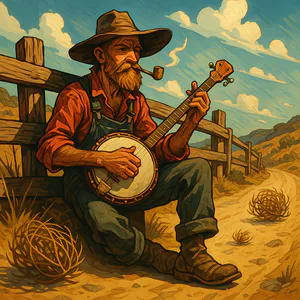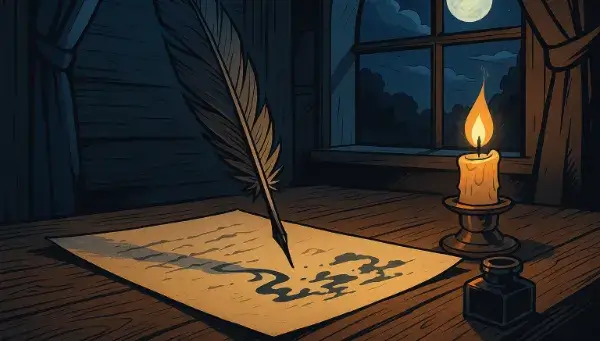Generate hillbilly names
More Real Name Generators- <% result.name %>
Discover all Story Shack apps
Discover Your Next Hillbilly Name
A unique name can add charm and personality to your hillbilly character. Use these questions to inspire your imagination and find the perfect name that embodies the spirit of rural life.
- What quirky traits or hobbies does your hillbilly character have that could inspire their name?
- Which family traditions or local legends might influence the naming of your character?
- What types of animals or nature elements do they have a strong connection with that could shape their name?
- How does your character’s lifestyle in the countryside reflect in their choice of name?
- What humorous or whimsical aspects of their personality can be captured in their name?
Frequently Asked Questions
Here are some common inquiries about the Hillbilly Name Generator and how it can add flavor to your storytelling.
How does the Hillbilly Name Generator work?
It combines various amusing and regional naming conventions to create unique hillbilly names with each click.
Can I specify the type of hillbilly name I want?
Currently, you can't specify; however, you can keep generating names until you find one that fits your character perfectly.
Are the names unique?
The names are randomly generated; with unlimited clicks, you'll discover a diverse array of options, though some may be similar.
How many names can I generate?
You can generate an unlimited number of names; just click 'Generate' as many times as you like.
How do I save my favorite names?
You can copy a name instantly by clicking on it, or use the heart icon to save it for later reference.
What are good hillbilly names?
There's thousands of random hillbilly names in this generator. Here are some samples to start:
- Luke
- Chester
- Cleavon
- Eustice
- Lynn
- Randa Lynn
- Vicki Lynn
- Sammie Jo
- Baylee
- Claudine
About the creator
All idea generators and writing tools on The Story Shack are carefully crafted by storyteller and developer Martin Hooijmans. During the day I work on tech solutions. In my free hours I love diving into stories, be it reading, writing, gaming, roleplaying, you name it, I probably enjoy it. The Story Shack is my way of giving back to the global storytelling community. It's a huge creative outlet where I love bringing my ideas to life. Thanks for coming by, and if you enjoyed this tool, make sure you check out a few more!























































